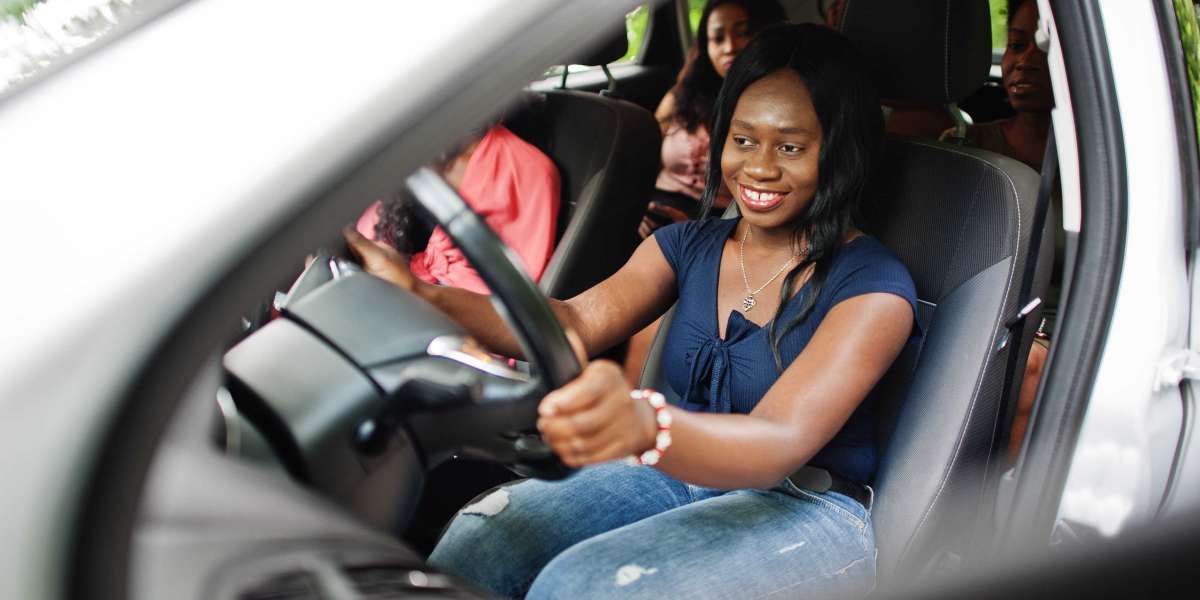
Understanding the Process of Obtaining a Driver's License: An In-Depth Guide
Getting a driver's license is frequently seen as an initiation rite for many people. It represents not only the capability to run a lorry legally but also the newfound self-reliance that features it. Nevertheless, the procedure of obtaining a driver's license can vary substantially based on geographic area, age, and individual scenarios. This short article supplies a thorough introduction of how to obtain a driver's license, what paperwork is needed, and responses to often asked questions.
Actions to Obtain a Driver's License
The procedure generally includes several steps, which might vary depending upon local guidelines and the kind of driver's license sought. Below are the basic steps one may follow:
1. Identify Eligibility
Before embarking on the journey to get a driver's license, people need to initially identify their eligibility based upon a number of criteria, which might include:
- Age Requirement: Most locations have a minimum age requirement, frequently varying from 16 to 18.
- Residency: Applicants should be residents of the state or region where they are applying.
- Legal Status: Ensure all documents adheres to regional laws.
2. Total a Driver's Education Course
Numerous states need brand-new drivers to complete a driver's education course, especially for those under the age of 18. These courses generally cover the following:
- Traffic laws and regulations
- Defensive driving strategies
- Risk recognition
3. Get a Learner's Permit
Once the educational requirements are fulfilled, a candidate can look for a student's permit. This permits monitored driving while practicing skills. The steps to obtain a learner's license generally consist of:
- Submitting an application
- Passing a composed knowledge test
- Paying relevant costs
4. Practice Driving
With a learner's permit in hand, brand-new drivers should log a particular number of hours of practice driving, frequently under the guidance of a certified grownup. This useful experience is essential for constructing self-confidence and proficiency behind the wheel.
5. Schedule a Driving Test
After fulfilling the practice requirements, people can schedule a driving test. The driving test normally consists of:
- An automobile safety assessment, validating that the lorry is roadworthy
- Maneuvers such as turning, parallel parking, and complying with traffic signals
- A demonstration of protective driving methods
6. Acquire the Driver's License
Upon successfully passing the driving test, candidates can acquire their driver's license. The requirements for acquiring the license might consist of:
- Submission of necessary documents (proof of identity, residency, etc)
- Payment of licensing charges
- Issuance of a provisionary or complete license depending upon age and driving experience
7. Acquaint Yourself with Driving Regulations
Having actually obtained a driver's license, it's necessary to stay informed about regional driving laws, guidelines, and any changes that might take place. Awareness of laws relating to speeding, driving under the influence, and seat belt use can prevent future legal issues.
Paperwork Required to Obtain a Driver's License
The paperwork required throughout the application process can vary by area, however usually includes:
- Proof of Identity: This may consist of a birth certificate, passport, or social security card.
- Proof of Residency: Documents like energy expenses or bank declarations revealing the candidate's name and address.
- Conclusion Certificate: Proof of conclusion for a driver's education course, if appropriate.
- Learner's Permit: If the candidate is transitioning from a student's authorization.
Typical FAQs
1. The length of time is a driver's license legitimate?
The validity period for a driver's license differs by jurisdiction. In numerous locations, licenses must be renewed every four to 8 years. Check regional guidelines for particular information.
2. What should I do if I fail the driving test?
If you fail the driving test, stay calm. Each state usually enables for retaking the examination after a set waiting duration. Utilize the time to practice and reinforce your abilities.
3. Can I drive with a student's license?
Yes, but only when accompanied by a certified adult who meets specific requirements, such as being over a specific age and having a valid driver's license.
4. Exist additional requirements for business licenses?
Yes, individuals seeking a commercial driver's license (CDL) need to go through additional training and testing specific to the type of vehicle they intend to run, including particular medical requirements.
5. What are the limitations on a provisionary license?
Provisionary licenses typically come with specific restrictions, such as limitations on nighttime driving or carrying passengers. Familiarize yourself with these guidelines to avoid charges.
6. How can I prepare for the written understanding test?

To get ready for the written knowledge test, study your state's driver handbook, take practice tests available through different online platforms, and think about registering in a driver's education course if you have not done so already.
Acquiring a driver's license is a considerable milestone that requires careful preparation and adherence to local policies. By comprehending the actions included, collecting the necessary paperwork, and staying informed about driving laws, prospective Buy Drivers license can browse this procedure smoothly. As more people take to the roadways, knowing the requirements and being mindful of precaution ends up being progressively important. With persistent practice and awareness, the journey from learner's permit to full-fledged driver can be a gratifying experience, representing both liberty and responsibility.













